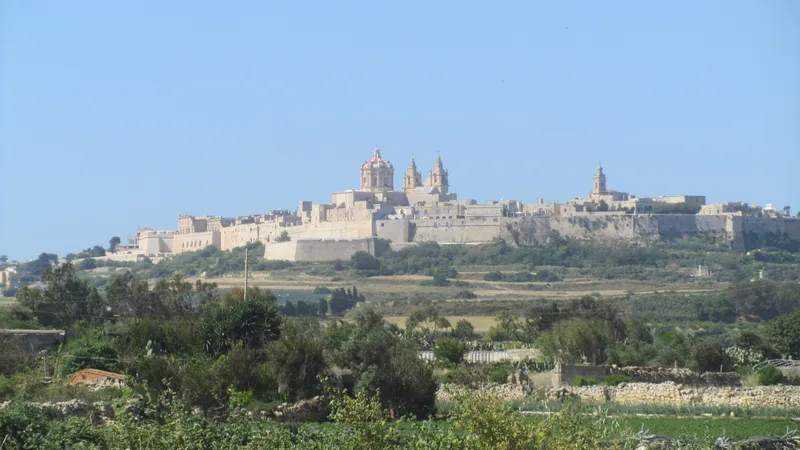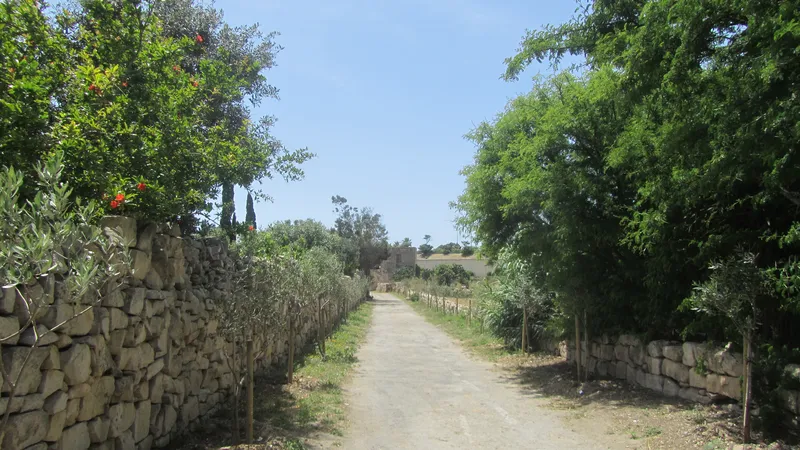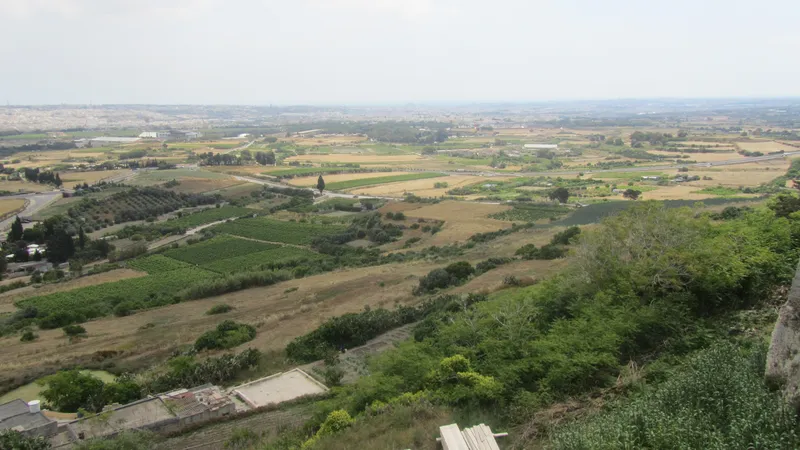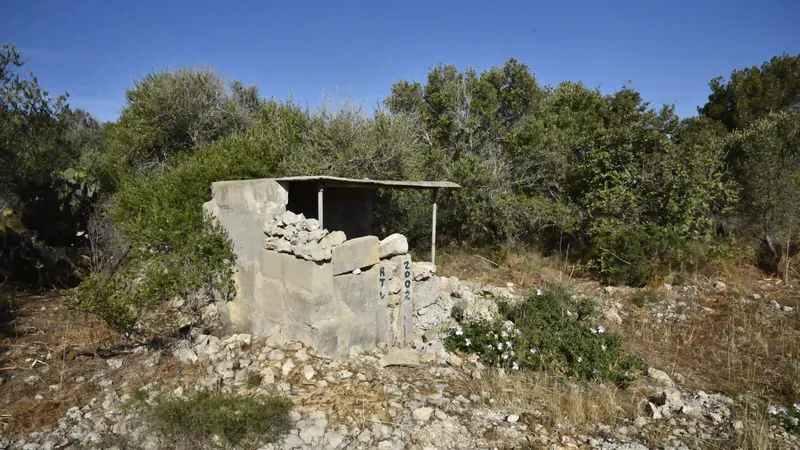Nature Trust (Malta)
Nature Trust (Malta) stands as one of the foremost environmental non-governmental organizations (NGOs) in the Maltese Islands. With its origins dating back to the 1960s and officially founded in its current form in 1991, the organization has grown to embody a passionate and dedicated advocate for the conservation of Malta’s unique biodiversity, habitats, and natural heritage. Over the decades, Nature Trust (Malta) has become a respected force both in the public arena and among policymakers, working tirelessly in the spheres of environmental education, habitat restoration, species protection, and community outreach.
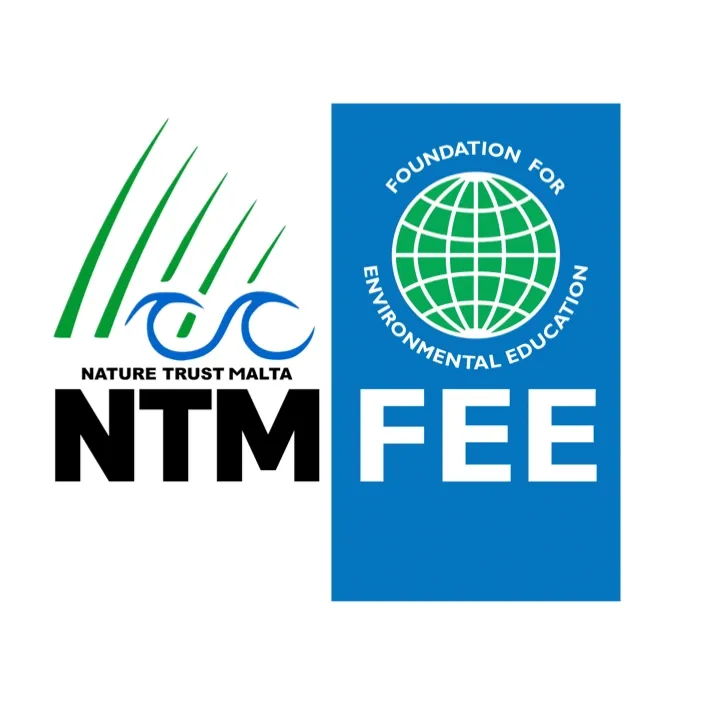
Mission and Objectives
Nature Trust (Malta)’s core mission revolves around the conservation and enhancement of Malta's natural environment. Its objectives include safeguarding endangered species, restoring habitats, raising public awareness about environmental issues, promoting sustainable practices, and influencing policy through advocacy and expertise. The organization seeks to inspire generations of Maltese citizens to value the natural world and participate actively in its protection.
Key Areas of Work
Wildlife and Habitat Conservation
One of the primary pillars of Nature Trust (Malta) is the active conservation of native flora and fauna. The Maltese Islands, though small in size, host a remarkable array of biodiversity, some of which is found nowhere else in the world. Nature Trust (Malta) manages several protected sites and nature reserves, including the Wied Għollieqa Nature Reserve near the University of Malta, the Simar Nature Reserve in Xemxija, and the Foresta 2000 site near Mellieħa. These areas serve as living laboratories for habitat restoration and biodiversity monitoring, providing safe havens for migratory birds, endemic plants, and threatened animal species.
Particularly noteworthy is the organization’s work with endangered species, such as the Maltese Wall Lizard, the Mediterranean Chameleon, and a variety of rare orchids and wildflowers. Through both in-situ (on-site) and ex-situ (off-site) conservation efforts, Nature Trust (Malta) works to secure the future of these species amid ongoing challenges posed by urbanization, invasive species, and climate change.
Marine Conservation and Turtle Rescue
With Malta’s location at the heart of the Mediterranean Sea, marine conservation is a central focus. Nature Trust (Malta) has earned national and international recognition for its Marine Rescue Team, which specializes in the rescue, rehabilitation, and release of injured or stranded marine turtles—most commonly the Loggerhead Turtle (Caretta caretta), a species vulnerable to fishing gear, pollution, and habitat degradation. The organization runs a turtle rehabilitation center, provides educational resources about marine ecosystems, and collaborates with fisheries to promote turtle-friendly practices.
Beyond turtles, Nature Trust (Malta) engages in broader marine environment advocacy—monitoring pollution, campaigning against littering and unsustainable fishing, and supporting the creation of Marine Protected Areas (MPAs).
Environmental Education
Education is one of the cornerstones of Nature Trust (Malta)’s strategy. The organization is the national operator of the Eco-Schools Programme, an international initiative that encourages schools to adopt sustainable practices and integrate environmental education into the curriculum. Hundreds of Maltese schools participate annually, with students leading projects on recycling, water conservation, biodiversity, and energy efficiency.
Educational outreach further extends into public talks, workshops, nature walks, and community events, all designed to foster a deeper connection between people and the natural world. Nature Trust (Malta) also produces educational materials in Maltese and English, ensuring that knowledge is accessible to all age groups and backgrounds.
Policy Advocacy and Environmental Law
Nature Trust (Malta) plays an important role in advocating for robust environmental policies and legislation. It consults with government bodies, participates in public consultations, and provides expert input on environmental impact assessments and development plans. The organization has been instrumental in campaigns against illegal hunting, the destruction of habitats for development, and the use of harmful chemicals.
Through partnerships with other NGOs, academic institutions, and international agencies, Nature Trust (Malta) amplifies its voice on matters of climate change, renewable energy, and the sustainable use of natural resources.
Community Engagement and Volunteering
Central to Nature Trust (Malta)’s success is its active volunteer network. Volunteers assist with habitat management, species monitoring, event organization, and educational campaigns. The organization fosters a sense of stewardship within the community, encouraging individuals, families, and businesses to participate in environmental action—from tree planting days to beach cleanups and citizen science surveys.
Nature Trust (Malta) also supports the development of young environmental leaders through youth programs and internships, nurturing the next generation of conservationists.
Major Projects and Achievements
Over the years, Nature Trust (Malta) has spearheaded many high-impact projects:
- Foresta 2000: A long-running reforestation project near Mellieħa, aiming to restore native woodland habitats and increase biodiversity.
- Simar Nature Reserve: Restoration of a degraded wetland into a thriving bird sanctuary, now a designated Ramsar wetland of international importance.
- Wied Għollieqa: Management and restoration of a valley ecosystem rich in endemic flora and fauna.
- Marine Turtle Rescue: Malta’s leading program for the rescue, rehabilitation, and release of marine turtles.
- Eco-Schools Programme: Transforming environmental education in Malta’s schools and inspiring thousands of students to take action for the planet.
Challenges and Solutions
Despite its many successes, Nature Trust (Malta) faces continued challenges. Urban development, land reclamation, illegal hunting, littering, water scarcity, and the impacts of climate change all threaten Malta’s delicate ecosystems. The organization addresses these threats through a combination of science-based management, public campaigning, legal advocacy, and by forging alliances with local and international partners.
Nature Trust (Malta) is also proactive in adapting to emerging issues—such as the threat posed by invasive species and pollution from plastics—by launching targeted initiatives, conducting research, and advocating for policy solutions.
Recognition and International Cooperation
Nature Trust (Malta)’s work has earned it recognition and support from institutions such as the United Nations Environment Programme (UNEP), the European Union, BirdLife International, and the World Wide Fund for Nature (WWF). The organization participates in international projects, knowledge exchanges, and contributes to global initiatives for biodiversity and sustainability.
The Future of Conservation in Malta
As environmental awareness grows globally, Nature Trust (Malta) continues to evolve. The organization is investing in digital technologies for citizen science, expanding its educational reach, and strengthening its policy advocacy. Its vision is for a Malta where nature and people thrive together, where clean seas, healthy habitats, and vibrant wildlife are protected for future generations.
Through the dedication of its staff, volunteers, and supporters, Nature Trust (Malta) remains a beacon of hope for conservation in the Mediterranean, inspiring a culture of respect and responsibility towards the natural world.
